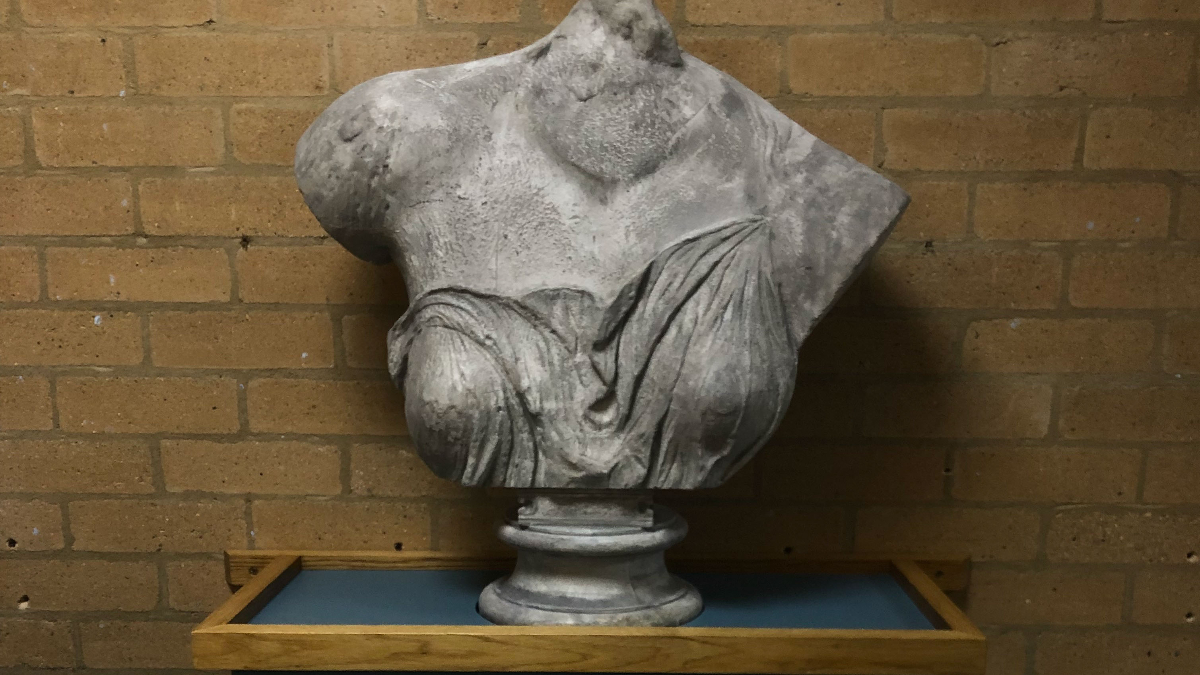The study of the Classics is immensely rewarding, and much more so when you are able to experience first-hand, beautiful artefacts from distant ages. At Reading, you have the opportunity to explore the ancient world through our museum placement.
We caught up with BA Ancient History student Daisy Roffe who is currently pursuing a placement with the University’s Museum of English Rural Life (MERL). Daisy discussed how she is learning about the history of objects and researching them whilst working with them.
